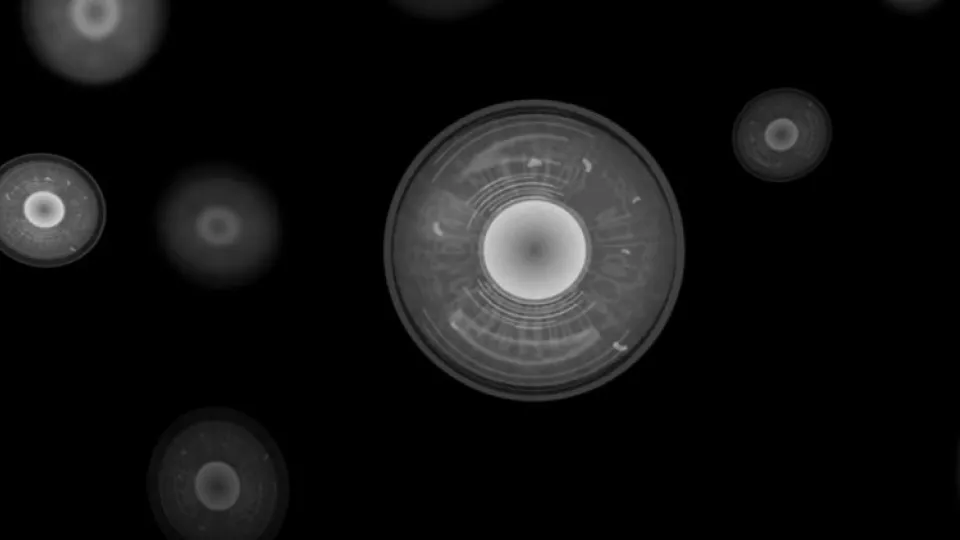PLEASE NOTE: This is an article about Covid-19 studies that has not yet gone through the peer review process for publication in a research journal. Under normal circumstances we do not write press releases about research that has not been peer-reviewed and published in a research journal. However, in times like these, when the coronavirus pandemic is severely affecting individuals and societies worldwide, it is important to share new results relating to the coronavirus SARS-Cov2.
“This is not a COVID-19 vaccine, but a treatment for those who have already fallen ill. If we get the opportunity to quickly do clinical trials, we could potentially have a new treatment modality for patients long before there is a vaccine”, says Niels-Bjarne Woods.
He is head of a research group at the Department of Laboratory Medicine and has also been part of and founded the research company Amniotics AB, which has supported the preclinical studies. The results are very promising.
“So far our studies show that the lung-specific mesenchymal stem cells significantly reduced inflammation, and significantly reduced lung tissue damage in a disease model of acute respiratory distress. It is because of these pre-clinical results that we are now are considering a trial using these cells in patients critically ill with COVID-19. Such cells could potentially both save lives and reduce the severity of the lung damage in these patients.”, says Niels-Bjarne Woods.
The study has not yet been reviewed for publication, but a published study from 2017 is the basis for how to utilize mesenchymal stem cells from amniotic fluid.
“During the late stages of pregnancy, amniotic fluid fills the lungs of the unborn baby. This has made it possible to develop the lung-specific mesenchymal stem cells which may be important for treating lung disease. The key was to understand the biology of the cells to be able to isolate them from other cells present in amniotic fluid”, says Niels-Bjarne Woods.
Using a newly developed amniotic collection device, the researchers are able to obtain a vast numbers of cells. The MSCs found in amniotic fluid have distinct advantages over other MSC sources, such as faster reproduction compared to adult tissue MSCs, and other features related to the quality of the cells.
A clinical study using the cells is being proposed and if everything goes as we hope, the first patients may get the stem cells against COVID-19 in early autumn of this year. We are also in talks with hospitals in other countries about using the lung-specific mesenchymal stem cells”, Niels-Bjarne Woods concludes.
Disclosure statement:
Amniotics is a research company in Lund, co-founded by Niels-Bjarne Woods, that develops mesenchymal stem cells for treatment of various diseases. The application to the Swedish Medical Products Agency to conduct a Phase I clinical trial at Skåne University Hospital has been made through Amniotics.
Contact:
Niels-Bjarne Woods
niels-bjarne [dot] woods [at] med [dot] lu [dot] se (niels-bjarne[dot]woods[at]med[dot]lu[dot]se)
+46 72 245 00 98
Can stem cells treat COVID-19?

Niels-Bjarne Woods, a researcher at Lund University in Sweden, has developed lung-specific mesenchymal stem cells to treat inflammation of the lungs and fibrosis. This research now may be the needed breakthrough for treatment of the severe respiratory issues related to COVID-19. A clinical study may soon be underway contingent on a successful application to the Swedish Medical Products Agency.
